Red Borneo Kratom is a unique strain of the Mitragyna speciosa tree, native to the island of Borneo. This tropical...
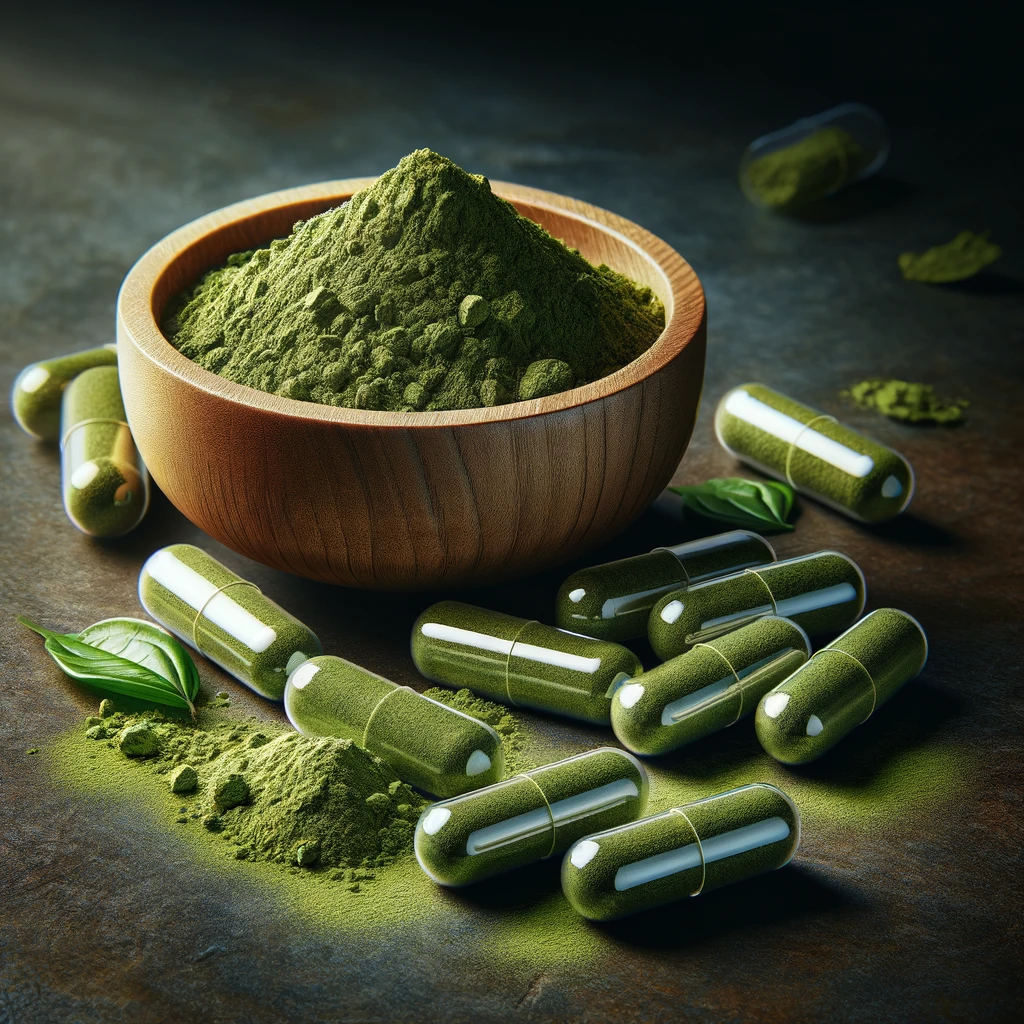
How Addictive is Kratom? Understanding the Potential Risks and Promoting Responsible Use
Kratom, a tropical tree native to Southeast Asia, has gained significant popularity in recent years as an alternative to traditional pain medications and recreational drugs. Derived from the leaves of the Mitragyna speciosa plant, kratom has been used for centuries in countries like Thailand, Malaysia, and Indonesia for its stimulant-like effects at low doses and sedative-like properties at higher doses. However, as kratom's popularity has grown, so have concerns about its potential for addiction and abuse.
In this comprehensive article, we will explore the addictive potential of kratom in-depth, examining the scientific evidence and anecdotal reports from users. We will also emphasize the importance of responsible use and provide practical harm reduction strategies for those who choose to consume kratom.
Understanding Kratom and Its Effects
Kratom is a unique substance that contains alkaloids with opioid-like properties, primarily mitragynine and 7-hydroxymitragynine. These alkaloids interact with the body's opioid receptors, producing effects that can range from increased energy and euphoria to pain relief and sedation, depending on the dose and the individual's tolerance.
At low doses, typically less than 5 grams, kratom acts as a mild stimulant, increasing alertness, energy, and sociability. Some users report enhanced focus and productivity at these lower dosages. At moderate doses, between 5 and 15 grams, kratom can produce euphoric and analgesic (pain-relieving) effects similar to opioid drugs like morphine or oxycodone. At high doses, exceeding 15 grams, kratom can induce sedation, a sense of calm, and even a dreamlike state, often leading to users falling asleep.
The Addictive Potential of Kratom: What Does the Research Say?
While kratom is not currently classified as a controlled substance in most parts of the world, its potential for addiction and abuse has been a subject of ongoing debate and research. Here's what we know so far based on scientific studies and user reports:
-
Physical Dependence and Withdrawal Symptoms Like other opioid substances, prolonged use of kratom can lead to physical dependence, where the body becomes accustomed to the presence of the drug. When kratom use is abruptly discontinued or the dosage is significantly reduced, users may experience withdrawal symptoms. These symptoms can include muscle aches, insomnia, irritability, anxiety, runny nose, sweating, and digestive issues like nausea, vomiting, and diarrhea.
The severity of withdrawal symptoms can vary depending on the duration and intensity of kratom use. In general, the longer and higher the dose, the more severe the withdrawal symptoms may be. However, many users report that kratom withdrawal is milder and more manageable compared to withdrawal from traditional opioid medications.
-
Psychological Addiction In addition to physical dependence, some users may develop a psychological addiction to kratom. This can manifest as cravings, obsessive thoughts about obtaining and using kratom, and a compulsive desire to continue using the substance despite negative consequences.
Psychological addiction can be driven by the euphoric and mood-altering effects of kratom, as well as its perceived ability to alleviate conditions like pain, anxiety, depression, or opioid withdrawal symptoms. Some users may also develop a psychological dependence on the routine of consuming kratom or the sense of community within the kratom user community.
-
Tolerance and Dose Escalation As with many substances, regular kratom use can lead to the development of tolerance, where higher doses are required to achieve the desired effects. This can result in users increasing their dosage over time, potentially exacerbating the risk of addiction, adverse effects, and kratom dependency.
Responsible Use and Harm Reduction Strategies
While kratom has the potential for addiction and abuse, it is essential to approach the issue with nuance and objectivity. Many users report using kratom responsibly and experiencing benefits such as pain relief, improved mood, increased energy, and relief from opioid withdrawal symptoms without developing problematic patterns of use.
To mitigate the risks associated with kratom, it is crucial to practice responsible use and harm reduction strategies. Here are some key points to consider:
-
Start with Low Doses: Begin with the lowest effective dose and avoid escalating your dosage unnecessarily. This can help reduce the risk of developing tolerance, dependence, and potential side effects. Many experienced users recommend starting with doses below 5 grams and gradually increasing if needed.
-
Limit Frequency of Use: Avoid daily or continuous use of kratom, as this can increase the likelihood of developing physical and psychological dependence. Instead, consider using it intermittently or taking regular breaks (known as "kratom holidays") to prevent dependence and minimize the potential for withdrawal symptoms.
-
Seek Professional Help if Needed: If you or someone you know is struggling with kratom addiction or experiencing severe withdrawal symptoms, it is essential to seek professional help from a qualified healthcare provider or addiction specialist. They can provide guidance, support, and appropriate treatment options.
-
Understand the Legal Status: While kratom is legal in many parts of the world, its legal status varies by region and can change over time. Be aware of the laws and regulations surrounding kratom in your area, as some jurisdictions have implemented bans or restrictions on its possession and use.
-
Purchase from Reputable Sources: To ensure safety and quality, purchase kratom from reputable vendors who provide third-party lab testing results, adhere to Good Manufacturing Practices (GMP), and are transparent about their sourcing and processing methods. Avoid purchasing from unverified or questionable sources.
-
Be Mindful of Potential Interactions: Kratom can interact with other substances, including prescription medications, over-the-counter drugs, and recreational substances like alcohol or other opioids. Be aware of potential interactions and consult with a healthcare professional if you have any concerns or are taking other medications.
-
Practice Moderation and Self-Awareness: Approach kratom use with moderation and self-awareness. Pay attention to your body's reactions, monitor your dosage and frequency of use, and be honest with yourself about potential signs of dependence or addiction. Seek support if needed.
The Bottom Line
Kratom is a complex substance with the potential for both benefits and risks. While it can provide relief for various conditions and may be less harmful than some traditional opioid medications, its addictive potential should not be underestimated. However, with responsible use and proper harm reduction strategies, many individuals have found a way to incorporate kratom into their lives without developing problematic patterns of use.
By starting with low doses, limiting frequency of use, seeking professional help when needed, understanding legal implications, purchasing from reputable sources, being mindful of potential interactions, and practicing moderation and self-awareness, users can mitigate the risks associated with kratom addiction.
Ultimately, the decision to use kratom should be an informed one, weighing the potential benefits against the risks and considering individual circumstances. Education, harm reduction, and a commitment to personal well-being should guide the responsible use of this unique plant. As with any substance, open and honest dialogue, ongoing research, and a harm reduction approach are crucial for promoting safe and responsible practices.
Discover the natural benefits of premium Kratom with Speakeasy Kratom! Sourced directly from dedicated farmers in Indonesia, our kratom is guaranteed for its purity and potency, or you get your money back. Explore our collection of Kratom powders and capsules today and discover your perfect match. Shop now at Speakeasy Kratom for exceptional quality and natural wellness.

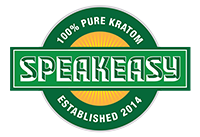





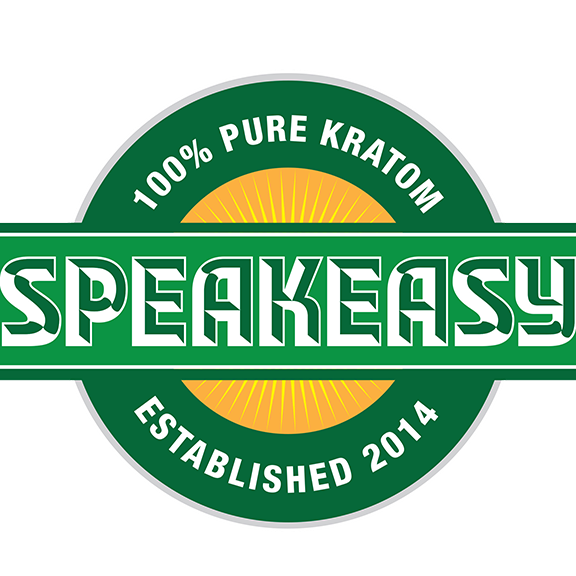
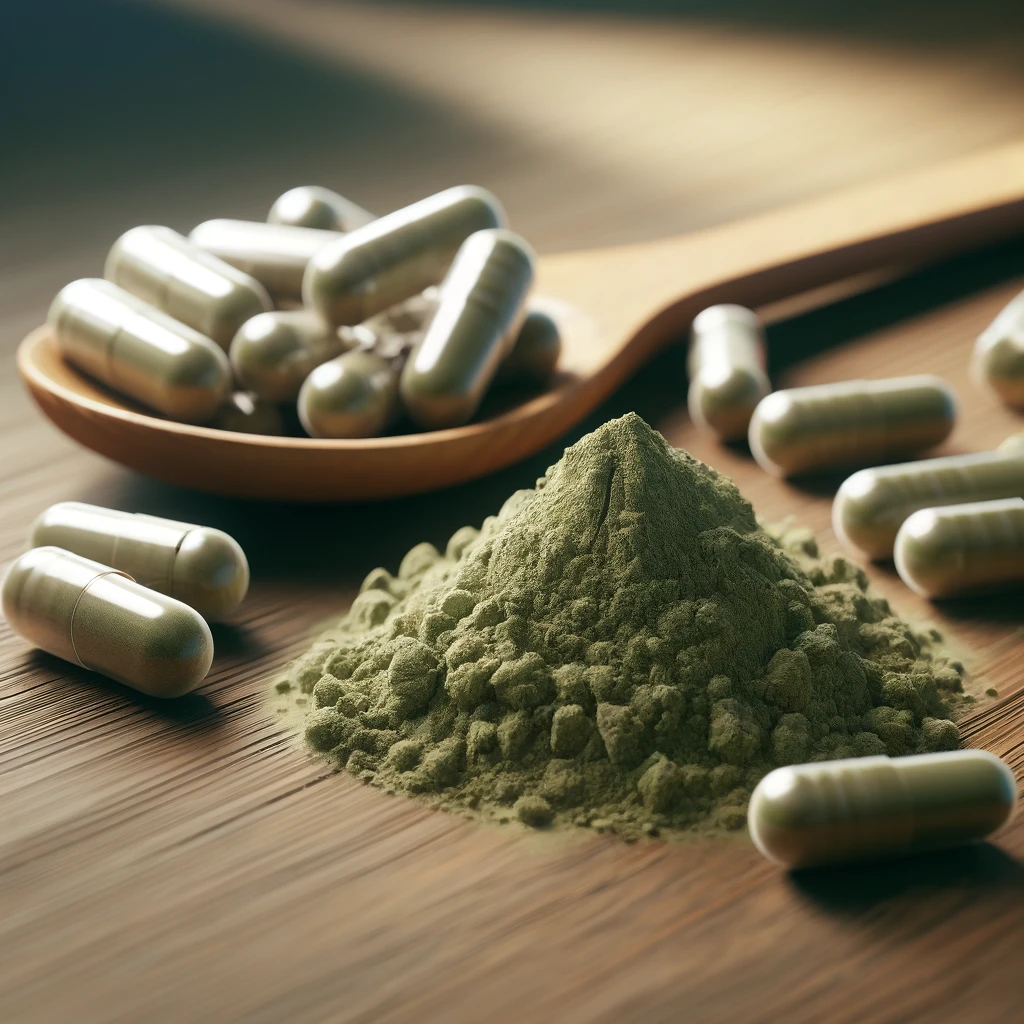


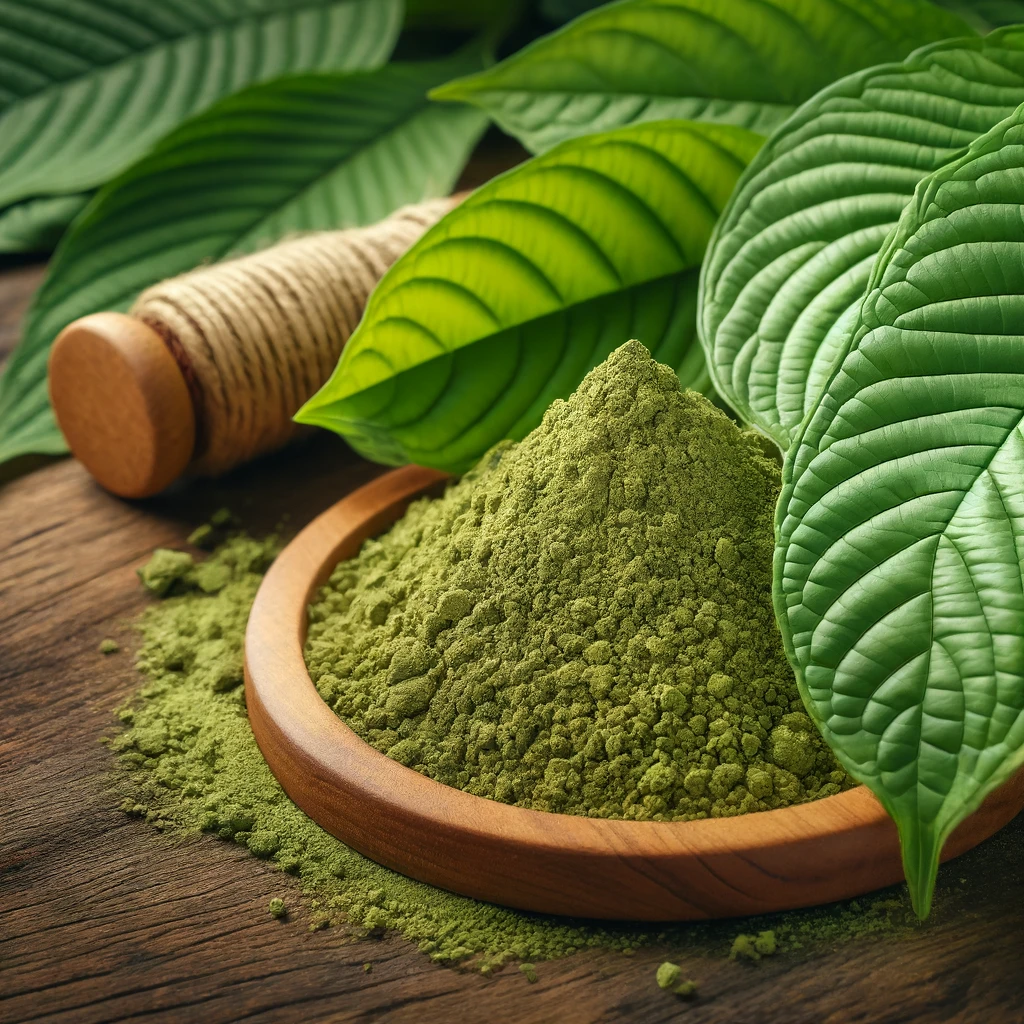
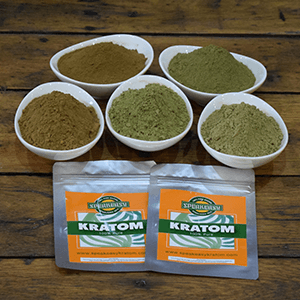

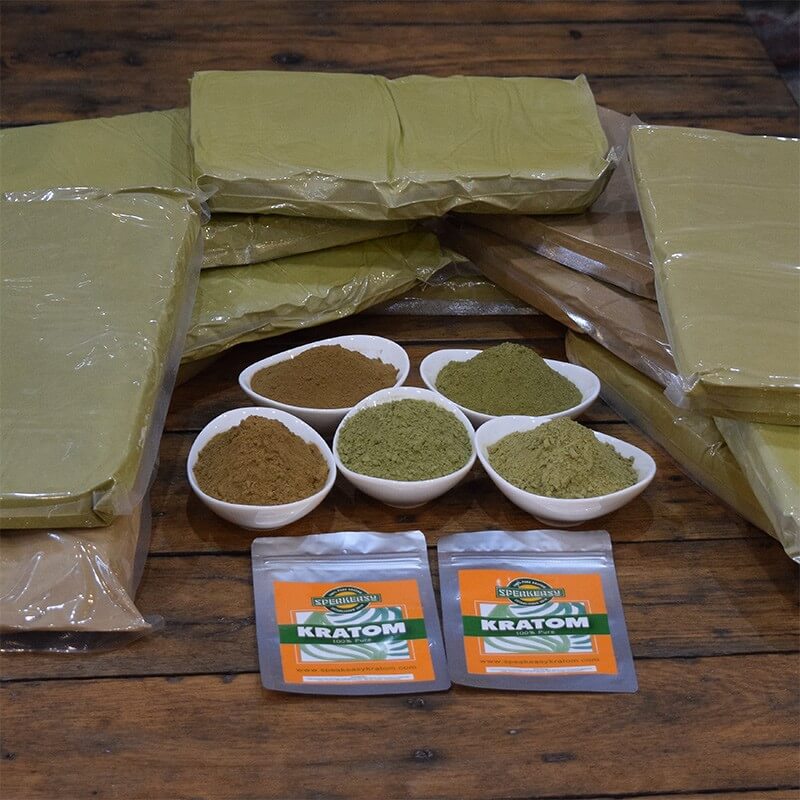
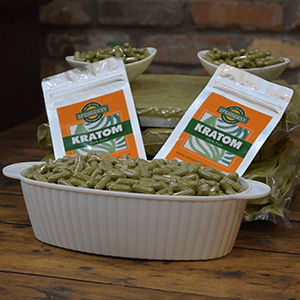

Leave a comment